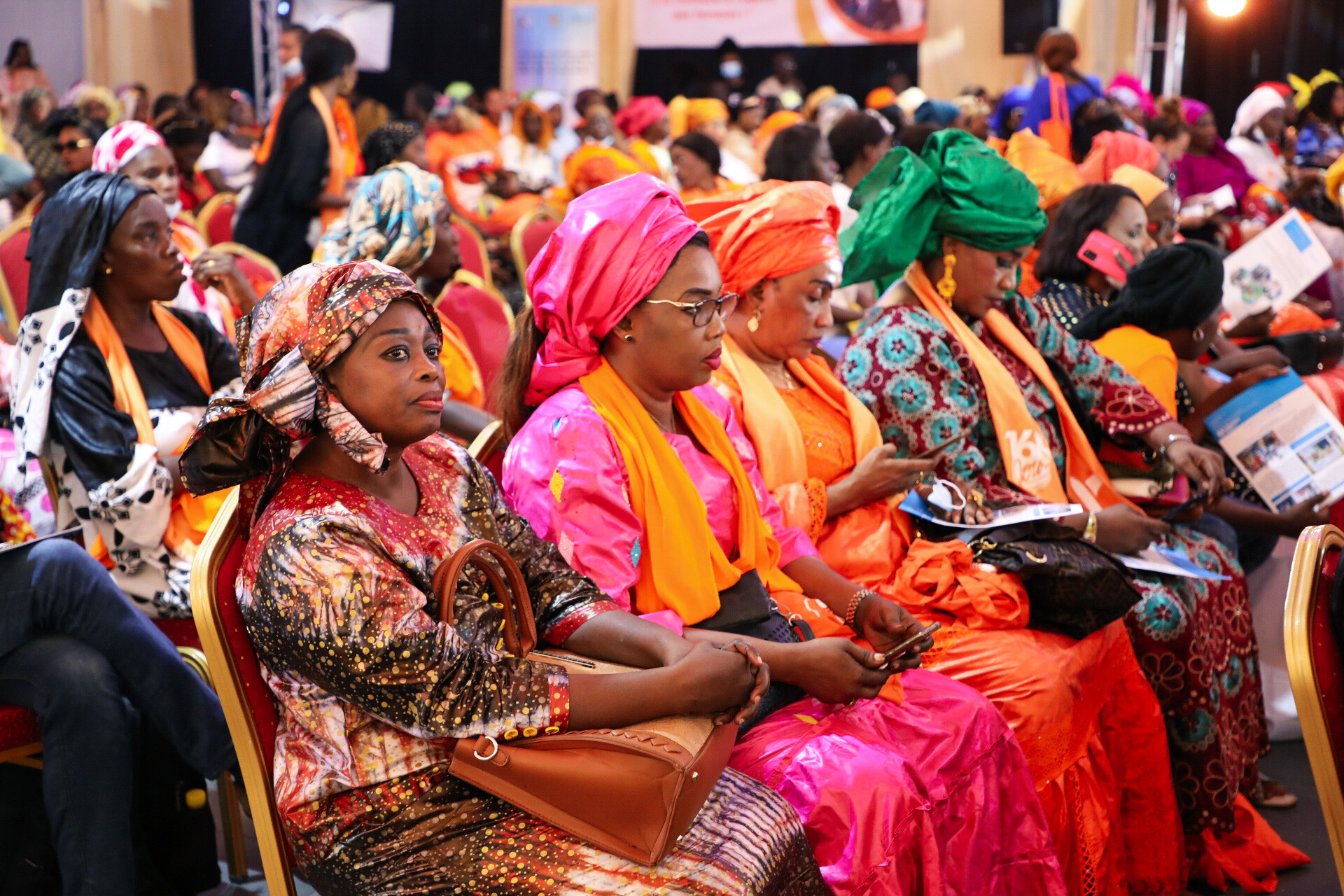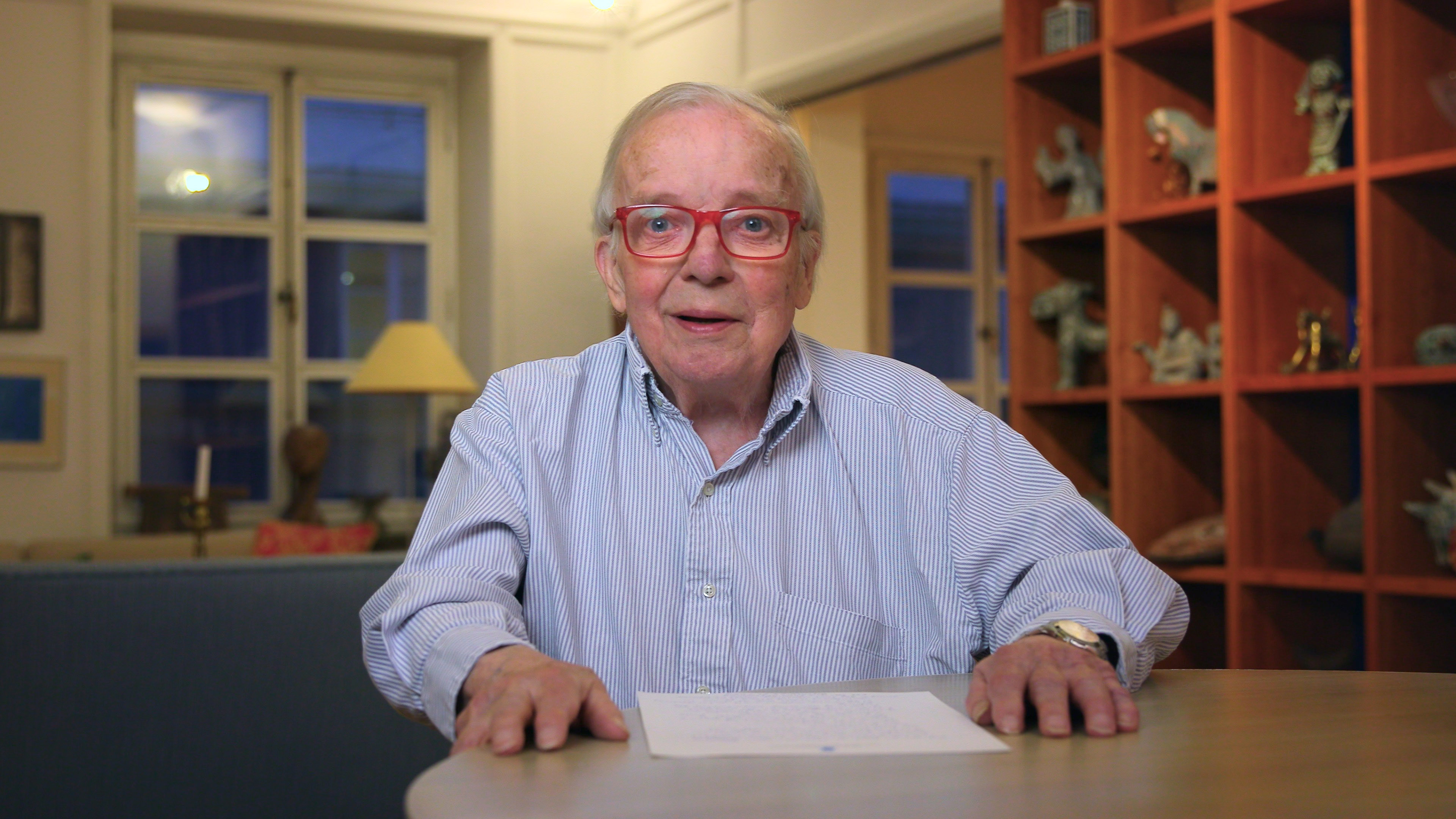
Senegal is among the countries with a high women's political participation in Africa and the world. This has been necessitated by The 2010 Gender Parity, which resulted in Senegal rising to the seventh position in the world regarding women's representation in Parliament, leading the way for equality, specifically in West Africa.
Senegal has 43,3 percent of women in Parliament, one of the highest representations in Africa, and comes third after Rwanda which has 62 percent and South Africa, with 46 percent women representation.
Presenting a report to the United Nations Committee on the Elimination of Discrimination against Women in February this year, Senegal Minister for Women, Family, Gender and Child Protection Ndeye Saly Diop Dieng said there is much progress regarding women appointed to higher political posts.
"There is parity in institutions even if the percentage of women was low, with dialogue and an innovative approach required to reach parity. A national parity observatory published reports and showcased the decree to which the Gender Parity Law was developing. Women had been appointed to responsible posts in all sectors, and there was a gradual trend towards the promotion of women in Senegal," she said.
"Currently, there are 13 female ambassadors in Senegal. The Minister of Foreign Affairs is a woman, and women held at least eight high-level posts in the Government."
However, like most African countries, women in Senegal have also faced barriers to political participation such as patriarchy, religion, lack of financial resources, level of education and violence.
Recently a Senegalese feminist group, Le Monde, called for authorities to respect the gender parity policy ahead of the July 31 elections. "We recall that parity is not a privilege granted to women. It is an inclusive device allowing half of the population to access political positions on the same basis as men. We also recall that the greatest danger to Senegalese democracy is the rise of an extremist and intentionally obscure rhetoric that wants to exclude women," the group said in a statement.
"It is time for women – who make up more than half of Senegal's population, or 52% – to stop being treated as second-class citizens."
Most African countries are calling for quotas to ensure gender equality and women's participation in local governance and Parliamentary issues. Most African countries have put in place at least one gender quota in place with 13 countries having reserved seats for women in Parliament as opposed to the legislated candidate or political party quotas.


